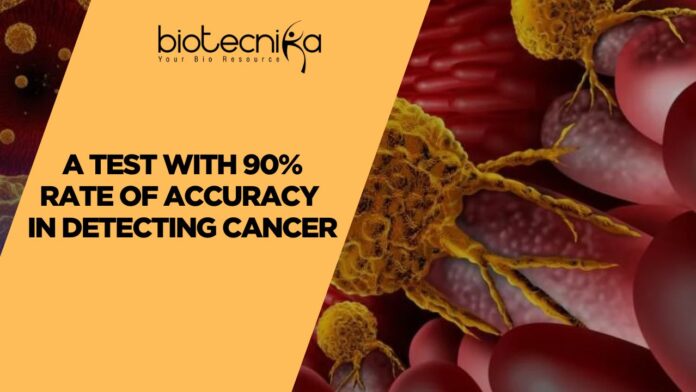AI Stool Test Shows 90% Accuracy in Early Colorectal Cancer Detection
Scientists from the University of Geneva are on a mission to transform the traditional way of detecting colorectal cancer via their novel AI based screening, which is non-invasive and simple compared to the current gold standard for diagnosis. The research has achieved about 90% accuracy in Early Colorectal Cancer detection by analysing the bacteria present in the stool samples.
Colorectal cancer is one of the most common and second deadliest forms of cancer globally, including in India. Studies show about 60-65% of the victims can go cancer free if detected in the early stages, while the survival rate drops to 25-35% if it goes unnoticed. Colonoscopy is an expensive and invasive technique that includes sedation and insertion of the colonoscope through the rectum, guiding it through the colon to inspect the lining. For many people, the access to colonoscopy is limited in concern with their economic background and fear or discomfort among patients refrain them from undergoing the procedure.
The Researchers sought to address this challenge by unlocking the secrets of the unseen residing in the gut, i.e., the Gut Microbiome. These trillions of bacteria housed in the human body, especially in the gut, play a vital role in digestion, immunity and overall wellbeing. Any disruption in their pattern could indicate the links to major illness, including colorectal cancer. The understanding of this principle led to the discovery of a new and detection technique by applying machine learning tools. Building on this, the researchers created a detailed catalogue of bacterial populations down to the sub species level and allowed the AI models to scan the stool samples to spot the microbiome signature linked to causing colorectal cancer.
The developed AI model facilitated the study of microbiome elaborately in recognizing the changes in the gut environment which may serve as the warning signs of cancer. This innovation demonstrated a remarkable 90 per cent accuracy rate in Early Colorectal Cancer detection, putting its efficacy nearly on par with the current gold standard, the colonoscopy. Dr Ankit Jain, the Senior consultant, Medical Oncology, Indraprastha Apollo Hospitals, New Delhi adds “This can revolutionise early cancer screening and also make the tests affordable”.
Can AI overtake Colonoscopy?
Unlike colonoscopy, The AI-based stool test is affordable and non-invasive, encouraging more people to undergo screening, helping early Colorectal Cancer detection, when treatment is most effective. On the other hand, the invasive colonoscopy allows the physician to visualise and remove the cancerous polyps in the same session.
As of now, the AI can be applied only for detection of abnormalities, and any positive test result would still require confirmation by colonoscopy which requires more research and validation to be integrated in the medical practice. Hence, the stool-based tests cannot replace colonoscopy entirely, anytime soon.
The promise of this technology is still considerable. For countries like India, where awareness about colorectal cancer screening is low and diagnostic infrastructure is unevenly distributed, such a tool could expand access to preventive care. For now, the study offers a glimpse into a future where cancer detection could be as simple as mailing in a stool sample, no hospital visit required.

























